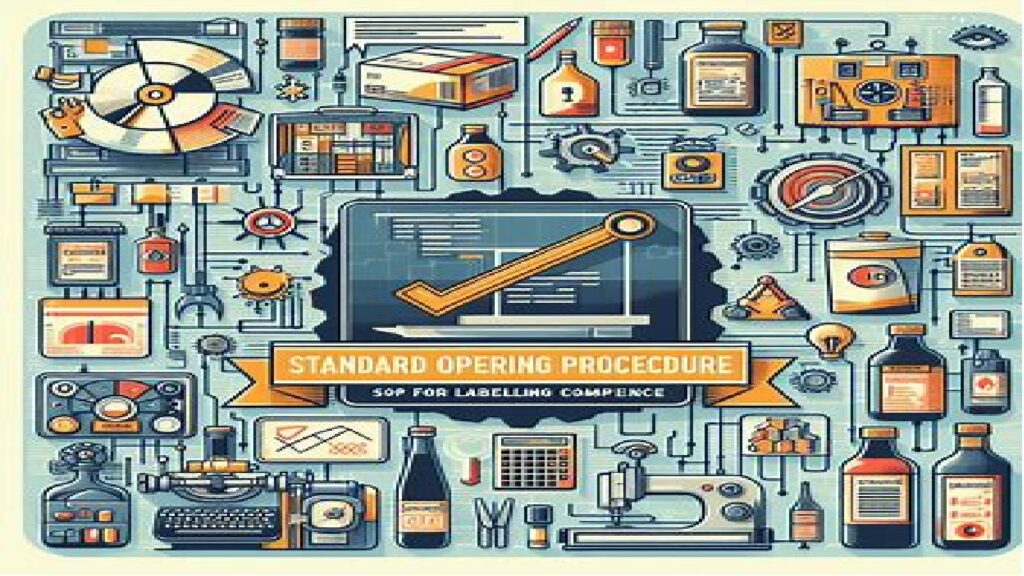Standard Operating Procedure: Change Management for Analytical Methods
This Standard Operating Procedure (SOP) details the comprehensive process for managing changes to analytical methods in a laboratory setting. It covers responsibilities, procedures for initiating and approving changes, validation requirements, implementation steps, and post-implementation review to ensure accuracy and compliance.
Standard Operating Procedure: Change Management for Analytical Methods Read More »










